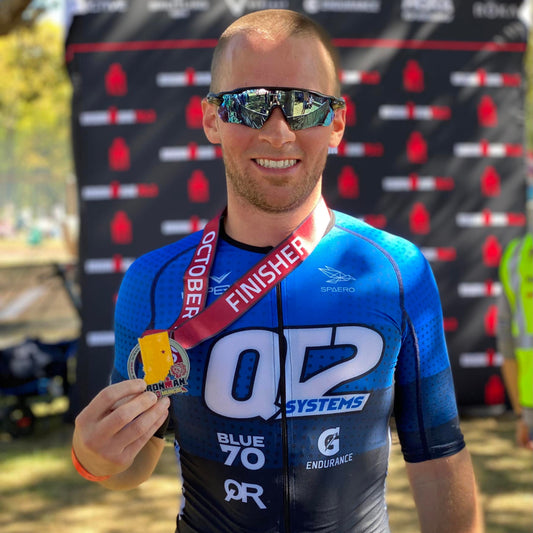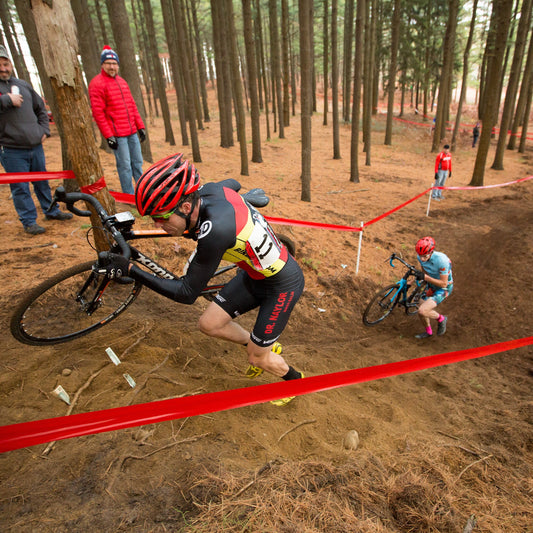“What time is it?”, “Game Time, OOOMMPHH!” – Chicago Bulls
Each month, our QT2 System’s teammates meet in Zoom to discuss a book, video, article, podcast, etc. We call it our “QT2 Book Club”! Topics discussed can be any topic of choice or recommendation that may come our way in a casual conversation with an athlete, teammate, coach or administrator.
This past month, we watched the Michael Jordan’s documentary, “The Last Dance.”
The objective was to study the mental training skills that were displayed by Michael and his teammates.
Once I started watching the series, I couldn’t stop! Of course, I marveled at the athletic godliness of a man with extraordinary basketball playing skills, but I was equally, if not more, impressed by his ability to showcase and master the skills of a superbly “mentally trained” athlete.
A few years back, I presented a series of mental training webinars that highlighted the United States Olympic Committee’s nine essential skills for mental training.
As I watched the Michael Jordan’s documentary, each and every one of these skills jumped out at me.
These skills, that have been deemed by the Olympic Committee’s Sport Psychologists as “essential”, are: goal setting, mental imagery, self-talk, energy management, concentration, self-confidence, mental preparation, excelling under pressure, and what I like to call “stick-to-it-ness”.
Sharpening our mental training skills can have a tremendous advantage with staying in control under pressure, being more consistent in our training, performing at our best ability, and exceeding our best at our most important competitions.
If only mental training could be as easy as lacing up our nifty Air Jordan’s and taking a short jump shot. But, it is not. It is dynamic, emotional, requires commitment, concentration, mindfulness and recognition of our personal strengths and weaknesses.
With thoughts of our “next dances” (AKA 2021 seasons), we find ourselves on the tailcoats of a fast departing “detoured” season and on the verge of new, fresh and hopeful one. What a better time to sharpen up the first of these mental training skills, goal setting, and be a bit more “like Mike”.
Will we achieve a 48-inch vertical jump as we dive into our mental training a bit more and set better goals? Of course not, but we can definitely take one leap closer to our fullest potential if we practice and become more mindful with identifying our goals, setting short-term and long-term goals, and making sure they are realistic.
Champions do not become champions when they win an event, but in the hours, weeks, months, and years they spend preparing for it. The victorious performance itself is merely a demonstration of their championship character. –Michael Jordan
1. Identify the goal/goals we want to obtain.
How bad do you want success? To achieve success, having a goal setting regiment is just as important as having a coach. Instead of grasping abstracts goals from the sky, we must identify the goals we want to obtain and write them down concretely. This will help with direction, feedback and support. If we effectively goal set, we will see a change in our behavior, thus setting us on the correct path to reach out goals.
Some tasks that will help you identify your goals are:
Start with the outcome you want.
Ex: “I want to improve my marathon time by 5 minutes.”
Next, state 3 behaviors you will display that will aide your process to achieving that outcome.
Ex: “Practice consistently, fuel consistently in training, get a half hour of sleep extra per night, etc...”
Now practice these behaviors in and around your training.
Ex: “Just do it.”
Make yourself accountable. Reward yourself for executing these behaviors and punish yourself for not.
Ex: Buy a new pillow for sleeping an extra half hour. Make yourself do 50 burpies if you don’t.”
“I want to win championships”, and Michael did. The minute you get away from fundamentals – whether it’s proper technique, work ethic or mental preparation – the bottom can fall out of your game, your schoolwork, your job, whatever you’re doing. – Michael Jordan
“Study the greats and become greater.” Michael Jordan
2. Set short term and long-term goals. Don’t look at the big "slam dunk" goal and pass up the little "shots" that will get us there. Think of short-term goals as the stepping-stones to get us to the top goal. One step at a time!
An activity to get you started with short term and long term goals is to:
Identify a dream goal.
What are the abilities of the athletes who achieve your dream goal?
Do you have these abilities develop?
What do you need to work on?
“The game has its ups and downs, but you can never lose focus of your individual goals and you can’t let yourself be beat because of lack of effort.” Michael Jordan
“Everybody has talent, but ability takes hard work.” - Michael Jordan
3. Finally, check goals and make sure they are realistic, too realistic, or too unrealistic. Not everyone can become a professional athlete, nor, can anyone NOT achieve a goal such as completion of a simple training run. Challenge yourself, but make sure the goals are truly realistic for your time and ability level.
Try this:
What is a great but UNREALISTIC goal for you?
List a goal that is TOO easy for you.
What is a HARD but realistic goal for you?
Setting the big goal is the easy part. “I want to podium or make the national team” are some examples of BIG goals. Distinguishing the small goals is the harder part and then breaking the smaller goals down into “behaviors” and processes is even more challenging. It requires us to crawl out of our immediate gratification word, into one that is more humbling and mindful. The more we practice this mental skill of goal setting, the easier it will become a habit for us.
This post was written by QT2 Level 2 Coach, Amy Javens.





